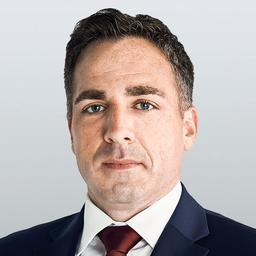The current Russian invasion of Ukraine could have been avoided, and it demonstrates a failure that the U.S. leadership couldn’t effectively communicate with its Russian counterpart, according to Gen. Michael Flynn, a retired Army lieutenant general who briefly served as the National Security Advisor to former President Donald Trump.
“Russia, Ukraine, Europe … what’s happening? At the 60,000-foot level, this is a totally avoidable war. Totally avoidable,” Flynn recently told NTD’s “Capitol Report” program.






